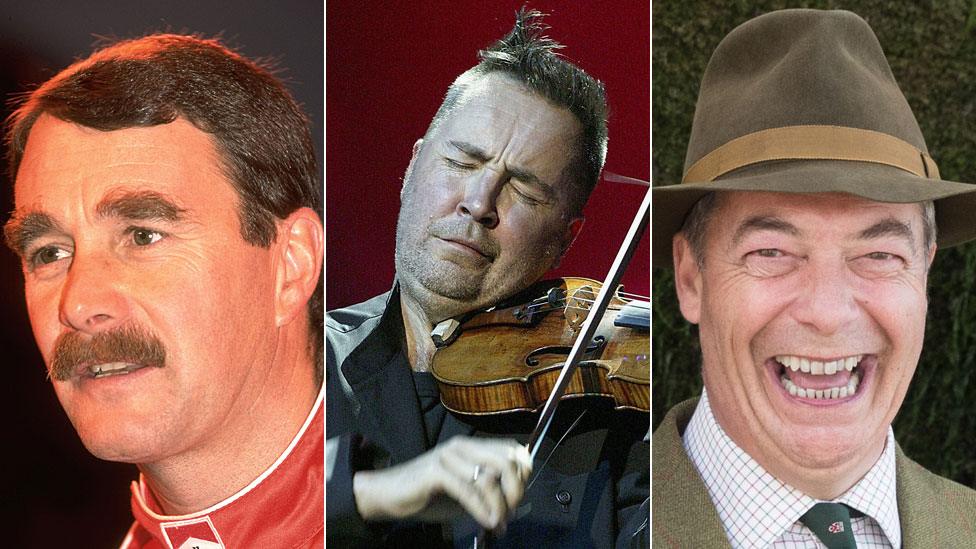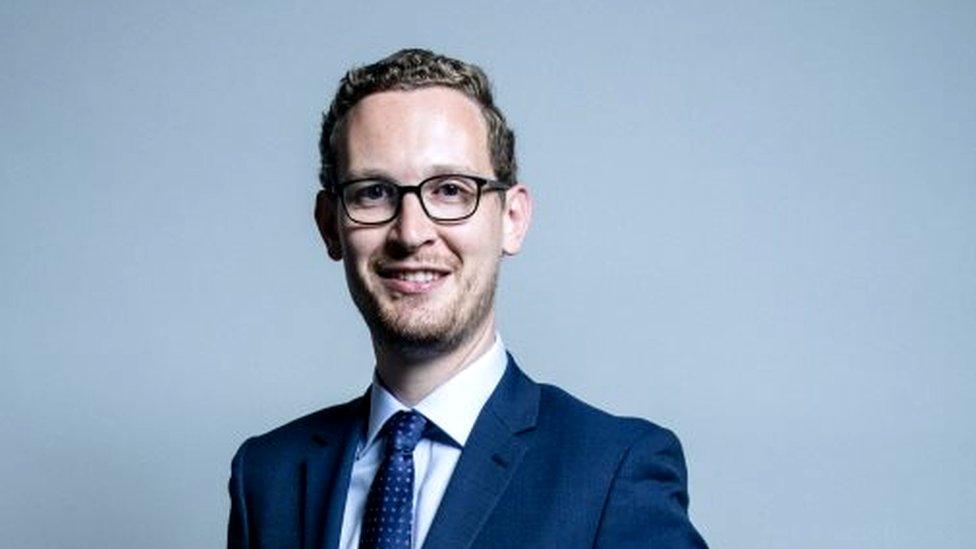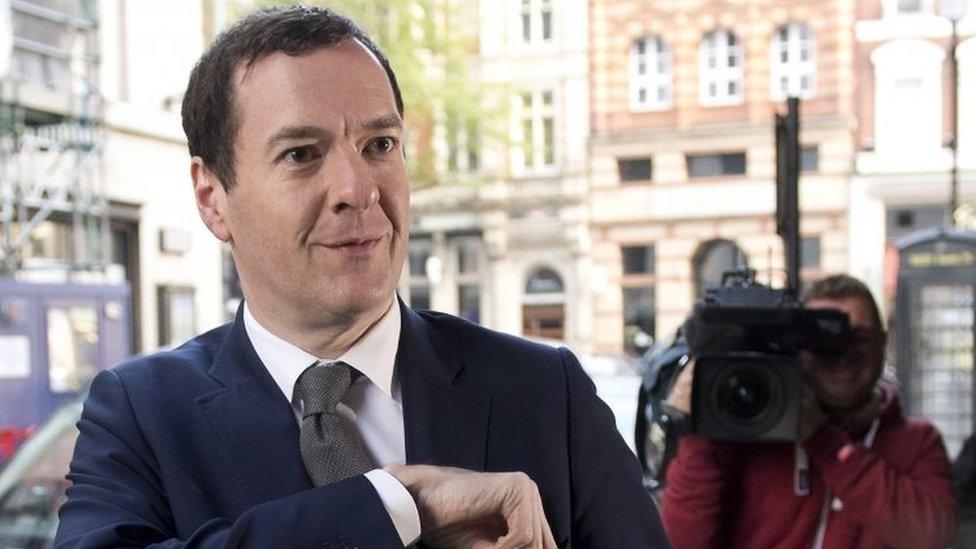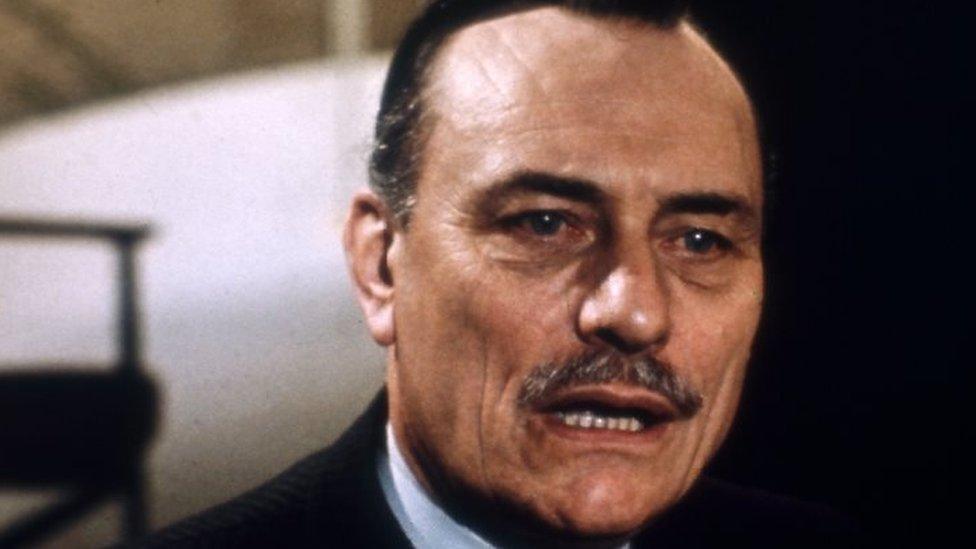No Brexit bounce for the name Nigel
- Published

Nigel Mansell, Nigel Kennedy and Nigel Farage - the last of a dying breed?
Celebrities and sports stars are often credited with influencing parents' choice of baby names - but it seems that politicians rarely have the same effect.
He was barely off the television in 2016 - but in the year of his greatest political triumph, it now seems there was no surge in people wanting to name their baby after Nigel Farage.
Nigel as a baby name has been teetering on the brink of extinction in England and Wales for several years and has now all but disappeared, according to the latest Office for National Statistics figures. , external
At most there were two Nigels born in 2016 - the ONS doesn't keep the data to tell us whether it was two, one or zero - but we can says for sure that more people in England and Wales named their child Elvis - three - than Nigel last year.
It seems unlikely to be anything personal, or to do with Brexit - there was an increase to 39 in the number of Borises, after all - but instead must just be another casualty of the mysterious forces of fashion that dictate baby names in Britain.
Where are all the Kevins, Trevors, Sharons, Doreens or, for that matter, Brians now?
Why are names like Oliver, William, Olivia and Emily so popular?
Peak Nigel occurred in 1963 - the year before the former UKIP leader was born - when 5,529 babies were given the name.
Like Norman (14 babies in 2016), Clive (3), Trevor (6) and other popular baby boy names of the mid-20th Century, it has slipped steadily from use, and may have to wait a decade or two more for its inevitable revival - when it is no longer seen as a middle-aged chap's name.
If it's any consolation, its decline was not as steep as that experienced by some 1970s favourites. The first Darren was elected to the House of Commons this year - Labour's Darren Jones. He might well be the last, with just 55 Darrens registered last year.

The first Darren in Parliament - and the last?
Sorry, your browser cannot display this content.
You can tell a lot about a politician or a public figure from their first name.
Some are blessed with neutral-sounding names that can be easily adapted to any circumstance; others are not so lucky.
Tony Blair - who has had children named after him in Kosovo and Sierra Leone (we're not sure about Iraq) in honour of his military interventions in those countries - was rarely Anthony, unless he was appearing as a barrister.
David "call me Dave" Cameron was another prime minister with a classless moniker, unlike his posher-sounding Chancellor Gideon (39 babies in 2016), who changed his name to the ever-popular George (5,236) as a teenager.

The current crop of party leaders are blessed with solid but rather unfashionable first names, befitting their age and background.
Theresa is on the slide from an already low base - 19 babies shared their name with the prime minister last year, compared with 34 two decade ago - and Jeremy hardly fared better in 2016, with 54 newborn boys sharing the Labour leader's name, compared with 108 in 1996.
Corbyn, though, is on the up as a first name - 18 in 2016 compared with less than three in 1996.
There were slightly more baby Vinces (14) than Lib Dem MPs.
Home Secretary Amber Rudd fares a lot better - there were 1,066 baby Ambers last year.
But although Brits have long named their children after film stars and other celebrities - with the new Star Wars film apparently inspiring some choices in 2016 - politicians have rarely been a source of inspiration.

Few named their children after Winston Churchill in the 1940s, although the name was popular in the Commonwealth.
But one political name has undergone something of a revival in recent years, with 26 children beginning their journey in life last year as Enoch - up from none two decades earlier.
It is not known how many - if any - named their offspring after controversial "rivers of blood" MP Enoch Powell, however.